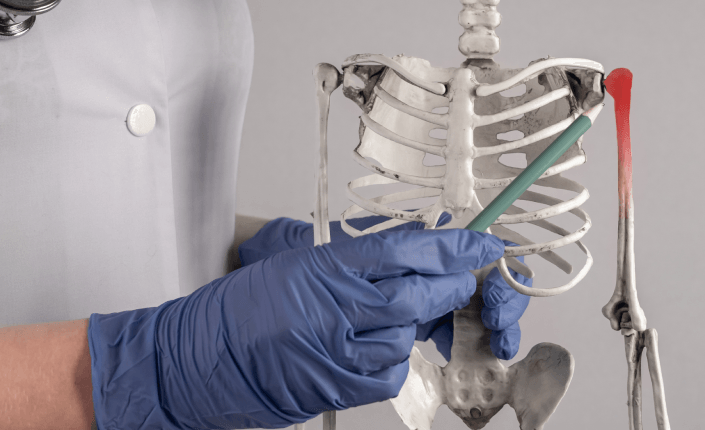What is Frozen Shoulder?
Frozen shoulder, also known as adhesive capsulitis, is a condition that causes pain, stiffness, and a progressive loss of motion in the shoulder joint. It occurs when the shoulder capsule thickens and tightens, restricting movement.
The condition develops gradually and typically progresses through three stages: freezing (painful), frozen (stiffness), and thawing (recovery). Frozen shoulder can significantly limit daily activities and may take months or even years to resolve fully.












